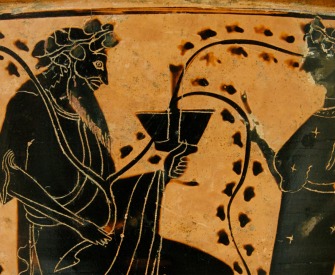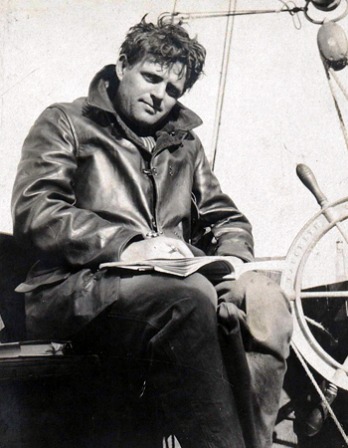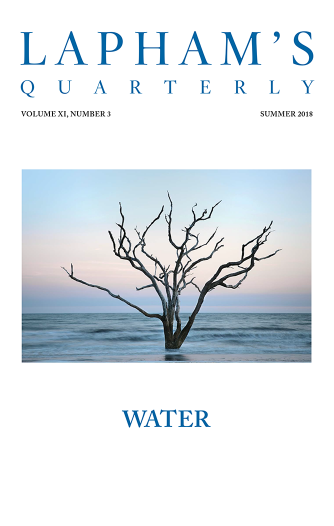When wise Ulysses, from his native coast
Long kept by wars, and long by tempests toss’d,
Arrived at last, poor, old, disguised, alone,
To all his friends and even his queen unknown;
Changed as he was, with age, and toils, and cares,
Furrowed his reverend face, and white his hairs,
In his own palace forced to ask his bread,
Scorned by those slaves his former bounty fed,
Forgot of all his own domestic crew;
The faithful dog alone his rightful master knew!
Unfed, unhoused, neglected, on the clay,
Like an old servant, now cashier’d, he lay;
Touched with resentment of ungrateful man,
And longing to behold his ancient lord again.
Him when he saw—he rose, and crawled to meet,
(’Twas all he could) and fawned, and kissed his feet,
Seized with dumb joy—then falling by his side,
Own’d his returning lord, looked up, and died.
“Argus.” At the age of twenty-one, the same year his Pastorals brought him literary fame, Pope sent this poem to his friend and editor Henry Cromwell as part of a letter extolling the virtues of dogs. Among several anecdotes in the letter is one about a debate in the court of Charles I over which dog was superior, the spaniel or the greyhound. The king settled the debate by choosing the greyhound. “It has all the good nature of the other without the fawning,” he remarked with a sly derision aimed at his courtiers. “Histories,” wrote Pope in the letter, “are more full of examples of the fidelity of dogs than of friends.”
Back to Issue




